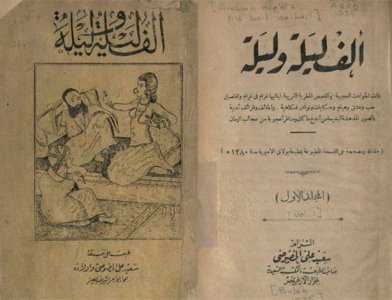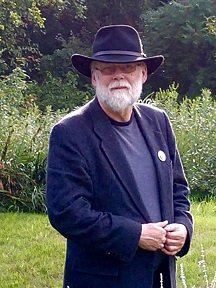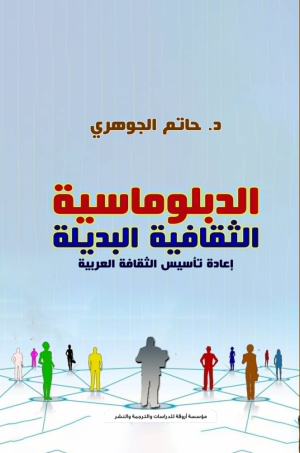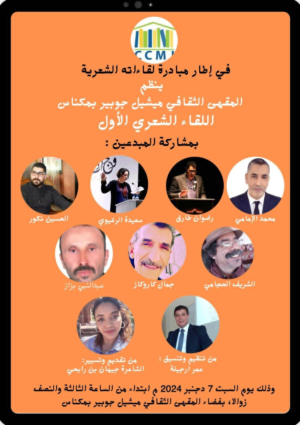Francisco López Merino (June 6, 1904 - May 22, 1928) was an Argentine poet born in La Plata, Buenos Aires, who committed suicide at the age of 23.
In 1920 he published Horas de amor (Love Hours), a group of nine poems that later fell victims of auto-censorship. In 1921 he wrote another collection of poems entitled Fragmentos de un libro inconcluso (Fragments of an Unfinished Book), divided in three sections: "El espejo de mi interior" ("Mi Inner Mirror"), "Del eterno femenino" ("Of the Eternal Feminine") and "Cantos" ("Chants"). These compositions were never published.
The poem "El alma se me llena de estrellas..." ("My Soul Is Fulfilled By Stars...") was already present in this group of texts and was later included in his book Tono menor (Minor Tone) (1923).
López Merino published his poetry in different national newspapers and magazines, principally in El Día and El Argentino of La Plata, the magazine Crónica Social, of the same city, and El Cronista, a newspaper from Chascomús.
In the magazine Valoraciones, edited by the Faculty of Social and Legal Sciences of the National University of La Plata, he wrote two bibliographic notes: the first one refers to the poetry book El árbol, el pájaro y la fuente (The Tree, the Bird and the Fountain) (1923), by Córdova Iturburu, and the second one deals with the poetry book El imaginero (1927), by Ricardo Molinari.
In 1925 he published his book Las tardes (The Afternoons). The more significant national newspapers (La Nación, La Prensa, La Razón, Crítica, El Día and El Argentino) praised the literary merits of the young writer.
In 1928 the poet committed suicide by gunshot at his temple, in the bathroom of a bar, in La Plata.
فرنانديث مورينو
مرحبــا
ترجمها عن الإسبانيـة
عبـد الســلام مصبــاح
مَرْحَباً بِكِ فِـي بَيْتِي الْمُتَوَاضِعِ الْمَحْزُون،
مَرْحَباً بِكِ إِلَى أَحْضَانِ أُمِّي الْحَبِيبَة،
مَرْحَباً بِكِ إِلَى ذِرَاعِ أَبِي الْمُرْتَجِفَة،
مَرْحَباً بِك.
مَرْحَباً بِكِ فِي جَوْقَةِ إِخْوَتِي الَّلطِيفَة،
مَرْحَباً بِكِ إِلَى يُمْنَى أَخِـي الْمَمْدُودَة،
كُلُّ الْقُلُوبِ مَعَ أَفِرَاحِ الأَجْرَاسِ تَقُول:
مَرْحَباً بِك.
تَكَلَّمِي،مَعْبُودَتِي،بِأَصْوَاتِكِ الأَكْثَر حَلاَوَة
انْظُريِ، مَعْبُودَتِي، بِأَحْسنِ نَظَرَاتِك،
اِسَرِقِي فِي لَحْظَةٍ كُلَّ الْقُلُوب
كَمَا يَوْماً مِنَ الإِبْنِ الأَكْبَرِ سَرَقْتِه.
BIENVENIDA
Fernandez Moreto
(Argentina)
Bienveneda a mi casa humilde y dolorida,
Bienvenida a los brazos amantes de mi madre ,
Bienvenida al brazo trémulo de mi padre,
Bienvenida.
Bienvenida al amable coro de mis hermanas,
Bienvenidas a la diestra del hermano tendida .
Dicen los corazones como alegres campanas :
Bienvenida.
Habla, adorada mia, con tus más dulces sones,
mira, adorada mia, con tu mirar mejor .
Róbate en un instante todos los corazones
como robate un dia el del hijo mayor .
In 1920 he published Horas de amor (Love Hours), a group of nine poems that later fell victims of auto-censorship. In 1921 he wrote another collection of poems entitled Fragmentos de un libro inconcluso (Fragments of an Unfinished Book), divided in three sections: "El espejo de mi interior" ("Mi Inner Mirror"), "Del eterno femenino" ("Of the Eternal Feminine") and "Cantos" ("Chants"). These compositions were never published.
The poem "El alma se me llena de estrellas..." ("My Soul Is Fulfilled By Stars...") was already present in this group of texts and was later included in his book Tono menor (Minor Tone) (1923).
López Merino published his poetry in different national newspapers and magazines, principally in El Día and El Argentino of La Plata, the magazine Crónica Social, of the same city, and El Cronista, a newspaper from Chascomús.
In the magazine Valoraciones, edited by the Faculty of Social and Legal Sciences of the National University of La Plata, he wrote two bibliographic notes: the first one refers to the poetry book El árbol, el pájaro y la fuente (The Tree, the Bird and the Fountain) (1923), by Córdova Iturburu, and the second one deals with the poetry book El imaginero (1927), by Ricardo Molinari.
In 1925 he published his book Las tardes (The Afternoons). The more significant national newspapers (La Nación, La Prensa, La Razón, Crítica, El Día and El Argentino) praised the literary merits of the young writer.
In 1928 the poet committed suicide by gunshot at his temple, in the bathroom of a bar, in La Plata.
فرنانديث مورينو
مرحبــا
ترجمها عن الإسبانيـة
عبـد الســلام مصبــاح
مَرْحَباً بِكِ فِـي بَيْتِي الْمُتَوَاضِعِ الْمَحْزُون،
مَرْحَباً بِكِ إِلَى أَحْضَانِ أُمِّي الْحَبِيبَة،
مَرْحَباً بِكِ إِلَى ذِرَاعِ أَبِي الْمُرْتَجِفَة،
مَرْحَباً بِك.
مَرْحَباً بِكِ فِي جَوْقَةِ إِخْوَتِي الَّلطِيفَة،
مَرْحَباً بِكِ إِلَى يُمْنَى أَخِـي الْمَمْدُودَة،
كُلُّ الْقُلُوبِ مَعَ أَفِرَاحِ الأَجْرَاسِ تَقُول:
مَرْحَباً بِك.
تَكَلَّمِي،مَعْبُودَتِي،بِأَصْوَاتِكِ الأَكْثَر حَلاَوَة
انْظُريِ، مَعْبُودَتِي، بِأَحْسنِ نَظَرَاتِك،
اِسَرِقِي فِي لَحْظَةٍ كُلَّ الْقُلُوب
كَمَا يَوْماً مِنَ الإِبْنِ الأَكْبَرِ سَرَقْتِه.
BIENVENIDA
Fernandez Moreto
(Argentina)
Bienveneda a mi casa humilde y dolorida,
Bienvenida a los brazos amantes de mi madre ,
Bienvenida al brazo trémulo de mi padre,
Bienvenida.
Bienvenida al amable coro de mis hermanas,
Bienvenidas a la diestra del hermano tendida .
Dicen los corazones como alegres campanas :
Bienvenida.
Habla, adorada mia, con tus más dulces sones,
mira, adorada mia, con tu mirar mejor .
Róbate en un instante todos los corazones
como robate un dia el del hijo mayor .





